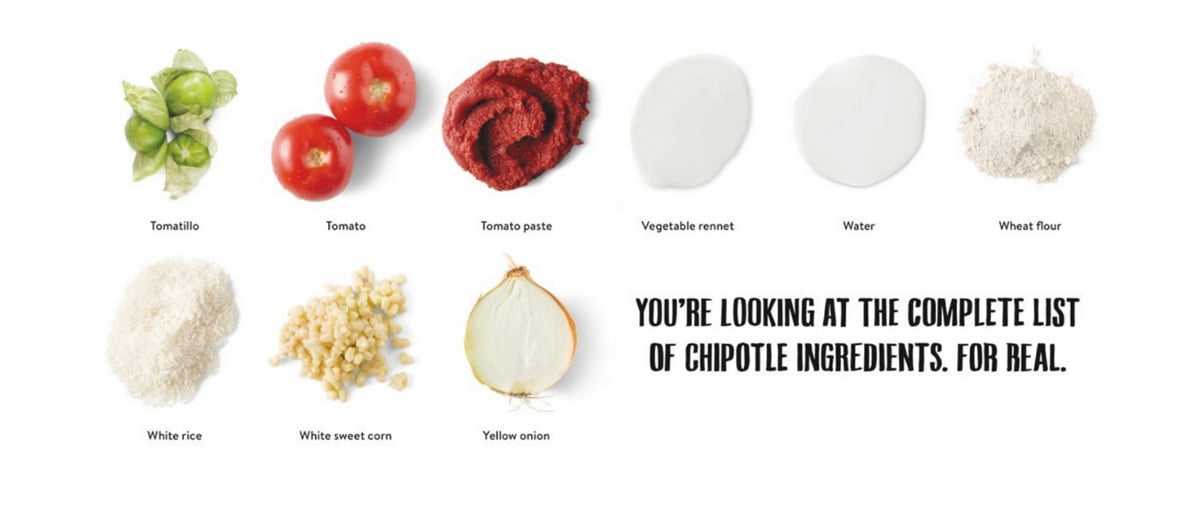The cliche ‘vote with your dollar’ rings true for today’s consumers, who are increasingly aware of the power they hold within their wallets. This new reality can prove both a challenge and an opportunity for businesses. Problematic messaging could drive away otherwise loyal customers regardless of product or service quality — but a carefully crafted campaign backed by a positive company culture can generate a great deal of goodwill. Hence, the need for marketing efforts that take the preferences of conscious consumers into account. Keep these tips in mind as you move forward with a sensitive and strategic campaign.
Transparency Is Crucial
Conscious consumers are far more discerning than the shoppers of yesteryear. Young customers, in particular, have a real eye for authenticity. They can easily spot deception. Many will respond not only by withdrawing their business but also by encouraging their peers to do the same. Most respect transparency, however, and are even willing to give brands a second chance after being woefully disappointed.
Chipotle offers a perfect example of this phenomenon. The brand long appealed to conscious consumers by emphasizing local ingredients, but that all changed with a series of mishaps involving food-borne illness. Eventually, the company earned back consumer trust by acknowledging its shortcomings and promising to do better.
Of course, transparency shouldn’t merely be called upon as a PR tactic in the aftermath of a corporate disaster. Rather, authenticity should be built into the core of any marketing strategy.
Look to TOMS as the ultimate example. The footwear brand appeals to conscious consumers by promising to provide poverty-stricken children with their own footwear. Instead of highlighting the importance of giving back with hollow messaging, the company acts on its stated mission to help those in need.
Don’t forget the influence of cancel culture. Outcry can occur at any moment and in response to any number of seemingly innocuous products or marketing campaigns. Transparency can blunt the impact, as it helps customers align with your brand values from the outset. Still, it’s important to be prepared to respond to controversy at any moment. This is true both for any potential scandals that strike your business and those targeting competitors, as it’s easy for competing companies to be caught in the crossfire. The right response, however, could actually provide a boost in profits, as angered customers sometimes push for more spending at the competitors of canceled businesses.
Address Areas of Weakness with Conscious Consumers
Authenticity is not possible if consumers can pinpoint hypocrisy within marketing practices. For example, businesses that highlight a commitment to female empowerment will struggle to connect with women if they fail to provide equal pay or include diverse perspectives within management. Again, cancel culture can come into play, with even minor mistakes potentially leading to a damaged reputation that may be difficult to repair.
With so many ethical demands to consider, it can be difficult to get it all right. Customers don’t necessarily expect perfection, but they appreciate growth.
Strive to pinpoint weaknesses early on and implement a course correction prior to being called out by demanding consumers. Such initiatives can go a long way towards demonstrating empathy and authenticity — the two qualities admired most by conscious consumers.
When conveying efforts to improve, strive for a passionate tone that emphasizes general care for the issue at hand. This is not merely an opportunity to generate more sales, but rather, the chance to prove that it’s possible to implement significant changes for the good of the company, its customers, and the community at large.
Tell a Story
The most appealing marketing messages draw on the power of storytelling to get consumers invested — even as they encounter a sea of marketing messages. There’s no need for a dramatic saga, but the story should feel true to your brand. Love Your Melon, for example, offers a charming tale of college friends who joined forces in hopes of helping children with cancer. The about section of the organization’s website highlights these humble beginnings, as well as the brand’s rapid growth and continued commitment to its original mission.
Don’t worry if you lack an intriguing origin story. Numerous opportunities for storytelling exist, no matter how you got your start. Consider how your ethical or charitable efforts have already impacted the greater community. This could form the basis of a wonderful story that will help you build strong relationships with new and existing customers alike.
Start a Conversation
Conscious consumers have a strong voice — and they want to use it as they engage with brand representatives and fellow customers. Many enjoy communicating on social media or through other interactive marketing efforts. Give them a chance to share their thoughts by posing questions and encouraging comments.
Engagement efforts shouldn’t stop with a single question or remark. A failure to continue the conversation could make the initial act of reaching out feel inauthentic. Consumers will be pleasantly surprised if they receive thoughtful responses to their social media comments, reviews, or other efforts to get in touch.
Steer clear of canned responses. Demonstrate that you’ve actually taken customer feedback into account. Don’t shy away from the conversation in the midst of a potential cancel culture debacle. If anything, engaging with consumers is even more important in the midst of controversy.
Turn Customers Into Advocates
Today’s consumers increasingly regard their spending as an opportunity to join a broader community of customers. Many will advocate fiercely for their favorite brands. This concept combines the brand loyalty seen in previous consumers with a desire to align with businesses based on ethical practices.
The perfect example? Outdoor apparel retailer Patagonia, which has made waves with a Fair Trade campaign inviting shoppers to consider where and under what circumstances their favorite garments are produced. Customers are encouraged to join the movement, even if they don’t actually end up purchasing products from Patagonia. By building a sense of community, the brand ultimately secures those much-needed purchases. After all, customers who personally identify with brands are inclined to spend more.
Implement Cross-Promotional Campaigns
Many deserving charities and other organizations struggle to gain the attention they deserve. Why not highlight their efforts by teaming up for a cross-promotional marketing campaign? This approach produces a variety of opportunities, such as fundraiser sponsorships, guest blogs, or social media shoutouts.
Cross-promotional efforts can also involve multiple businesses that share similar goals or passion projects. Impossible Foods and Burger King, for example, joined forces to deliver meat-free takes on favorite menu items in an effort to promote an eco-friendly fast food alternative. Marketing efforts encouraged skeptics to conduct their own taste tests to see if the meat-free patties warranted all the hype. The gamble paid off, with the Impossible campaign driving impressive growth in 2019.
Don’t Be Afraid to Have Fun
It’s possible to appeal to conscious consumers while maintaining a lighthearted tone or even infusing comedy within marketing efforts. In fact, campaigns that combine humor and inspiration often prove the most effective. Ben & Jerry’s demonstrates the appeal of this approach with its climate change initiatives. Rather than take on a combative tone, the beloved ice cream company breaks down walls with well-placed humor. It even created a new flavor to reflect this effort: Save Our Swirled.
At first glance, conscious consumers may seem difficult to please. They’re not willing to settle for quality products or amusing catchphrases alone. They demand transparency, accountability, and a clear effort to make a difference for those in need. This may seem like a lot to handle, but the return on investment could be considerable: a fiercely loyal customer base that will shout your brand’s message from the rooftops and serve as passionate advocates for both your products and the causes you support.
Are you ready to implement a conscious consumer marketing campaign that accurately conveys your brand’s emphasis on ethical practices and charitable causes?
Vinci Digital offers a variety of marketing services that can help you appeal to conscious consumers. Contact us today to chat about your goals — and to discover how you can tailor your next campaign to meet these objectives.
PS: How is your business or organization appealing to conscious consumers? Leave us a comment below!













